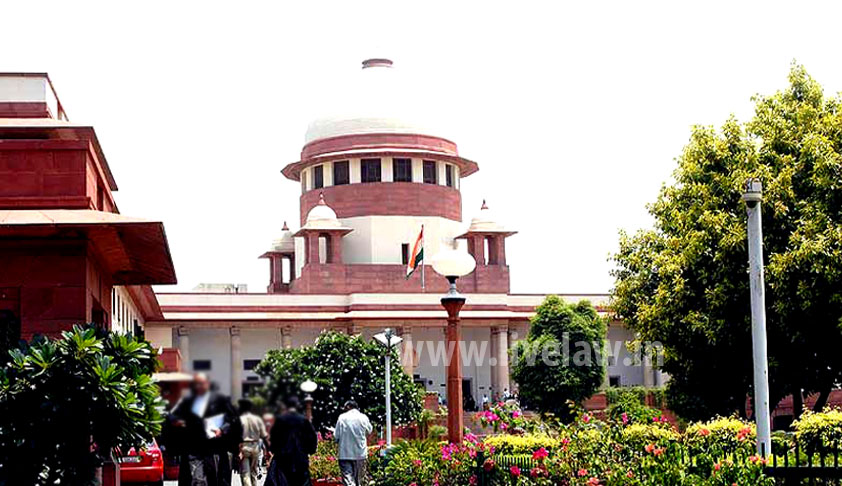Government admits that S. 66 A is prone to abuse, Supreme Court says the Section lacks guidelines
Gaurav Pathak
10 Dec 2014 8:52 AM IST

Next Story
10 Dec 2014 8:52 AM IST
“Section 66A does not give any specific guidance on when to invoke it, unlike the provisions in the Indian Penal Code (IPC). The IPC uses specific words and gives specific illustrations for the offences but that does not appear to be the case with Section 66A. It appears that nobody has to even say anything hateful or meaning ill will… annoyance of someone could be used to invoke it,”...
